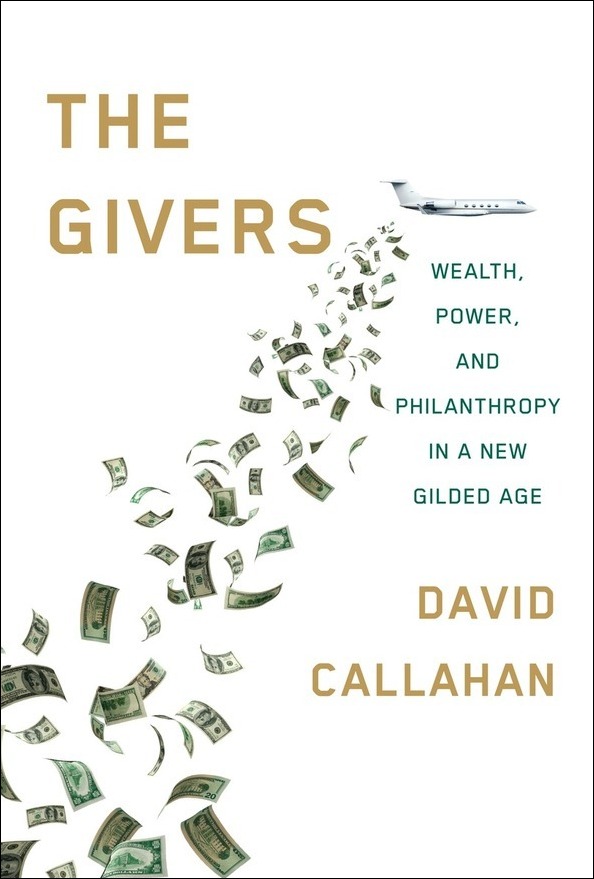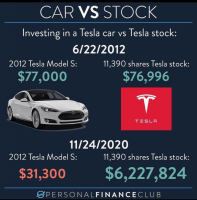Velma's Dad
Super Poster
VIP Member
A very selective list of statistics.
I met a Spanish student who had won a scholarship to an "elite school" in Canada funded by Amancio Ortega.
And what does Dan Price mean by upper-crust institutions? Theatre? Opera? Art galleries?
The point is that wherever it goes, the money ends up sloshing about in the economy. "Elite schools" and "upper-crust institutions" still need to employ a range of people from cleaners to CEOs.
That's the trickle-down theory but it's been pretty comprehensively dismissed by many economists. I won't try to quote any data but there are plenty of analyses that show that wealth inequality (NB not the same as income inequality, even though related over time) is negatively correlated with 'useful' circulation of money in the real economy.
Basically, rich people put their money into assets (real or financial) that gets separated off from the real economy. In many cases they hold those assets in tax havens but even if not, there is very little if any taxation on wealth in most places, including the UK.




















